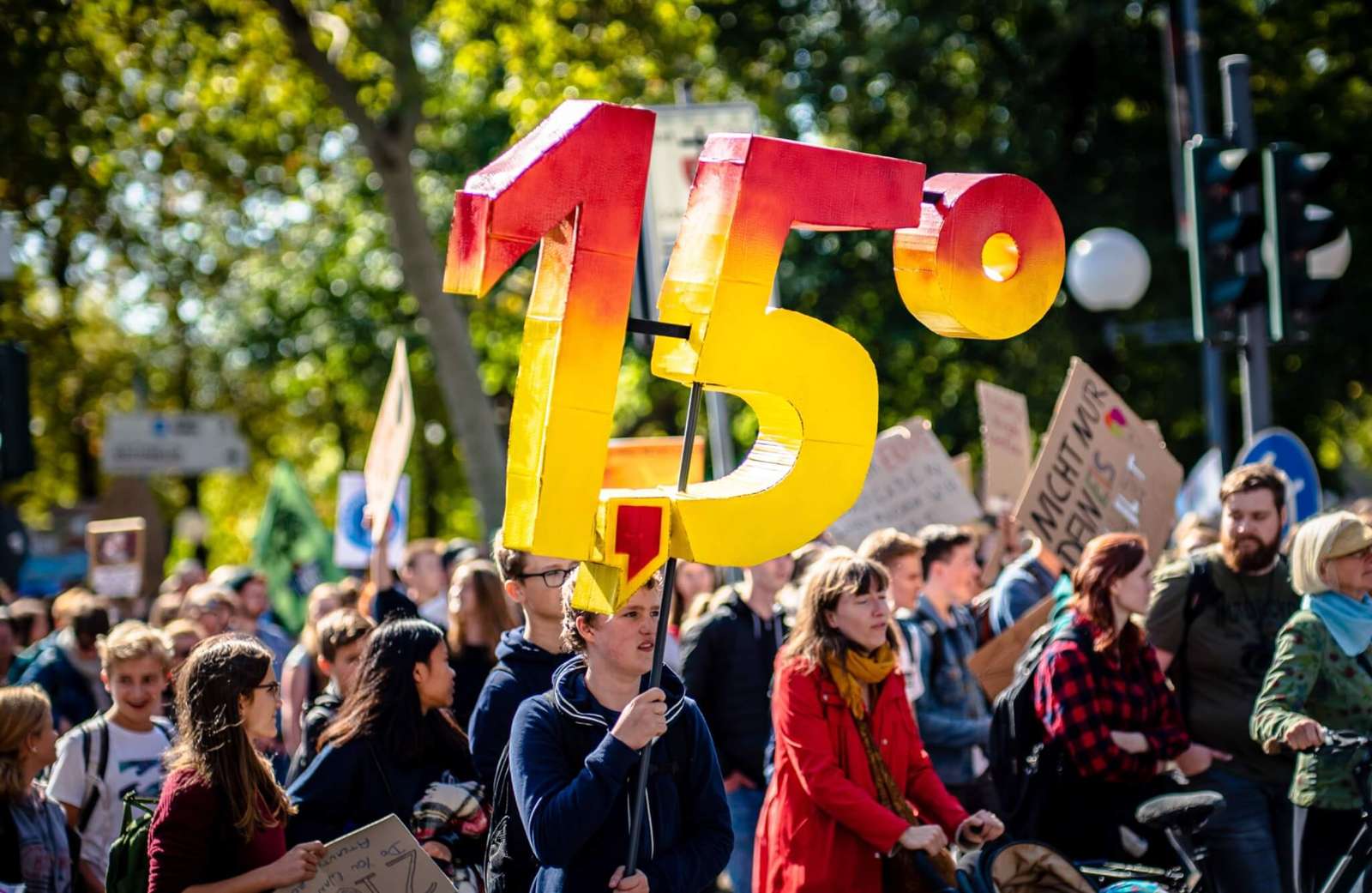Latest IPCC report says global emissions need to be cut by nearly half before 2030
The United Nation’s Intergovernmental Panel on Climate Change (IPCC) released the AR6 Synthesis Report yesterday. The comprehensive report highlights the state of the globe as it continues to address climate change. It builds upon the previous reports released by the IPCC over the last several years, including the most recent Climate Change 2022: Mitigation of Climate Change from Working Group III.
The average global surface temperature has risen by over 1.1°C (2°F) when compared to pre-industrial levels. In 2018, a special report from the IPCC warned of further temperature increase and set forth a goal to keep the warming increase to under 1.5°C (2.7°F). At the crux of the latest report is a plea saying that what has been done in the last five years is negligible in comparison to what needs to happen to meet this goal. A press release from the IPCC said: “The pace and scale of what has been done so far, and current plans, are insufficient to tackle climate change.”
In order to meet the goal of capping temperature rise at 1.5°C, emissions will need to be cut by nearly half by 2030.
The report goes on to mention the effects of a warming climate, listing out adverse impacts, several of which are already being felt across the globe. Among these are heavier rainfall, stronger storms, and more intense heat waves.
“Mainstreaming effective and equitable climate action will not only reduce losses and damages for nature and people, it will also provide wider benefits,” said IPCC chair Hoesung Lee in statement. “This Synthesis Report underscores the urgency of taking more ambitious action and shows that, if we act now, we can still secure a liveable sustainable future for all.”
While time is running out, measures can still be taken to reduce greenhouse gas emissions. According to the IPCC these include implementing low-carbon electrification and promoting public transportation and walking. The report recognizes and points out that significant financial investment and steadfast commitment on the part of politicians and policymakers is necessary in order to reduce emissions and keep the warming temperature from further rising.
Christopher Trisos, one of the report’s authors, said, “Accelerated climate action will only come about if there is a many-fold increase in finance. Insufficient and misaligned finance is holding back progress.”
At a press conference following the release of the report UN Secretary-General António Guterres announced a Climate Solidarity Pact put forth to the countries within the Group of 20 (G20). It asks “big emitters” to “make extra efforts to cut emissions and wealthier countries mobilize financial and technical resources to support emerging economies in a common effort to keep [the goal of] 1.5°C alive.”
Guterres acknowledged that global industries—namely shipping, aviation, steel, cement, aluminum, agriculture—also have a hand in this and should take responsibility for their emissions by working to achieve net-zero operations by 2050.



